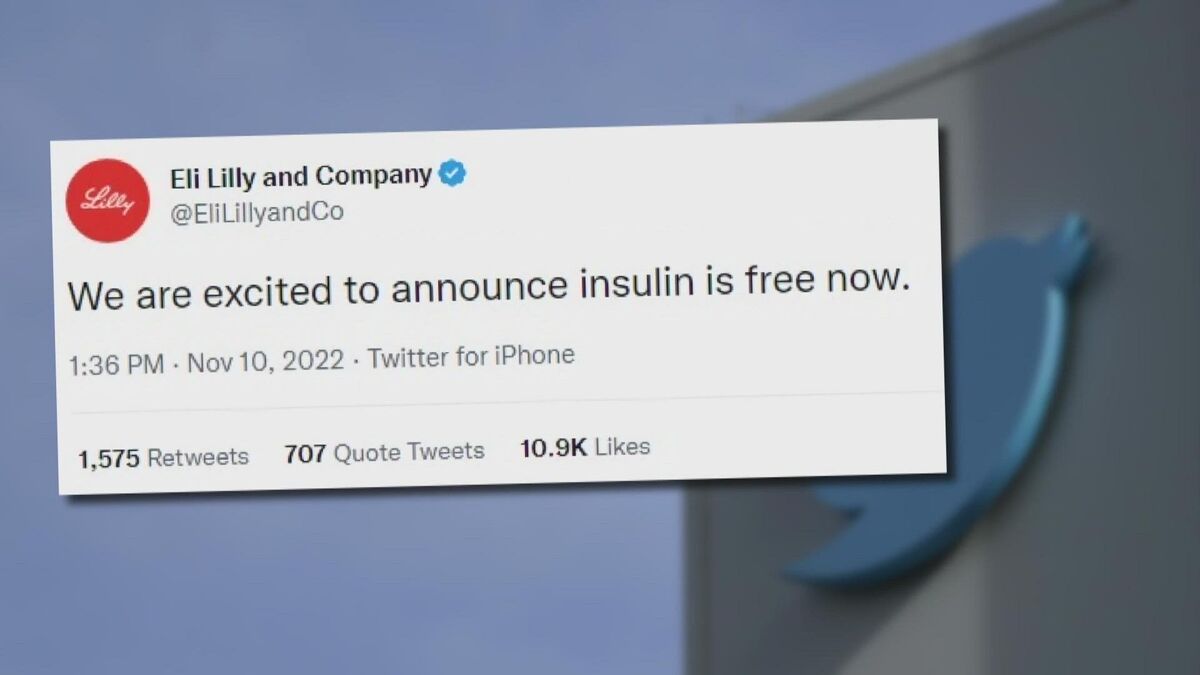Twitter in flux: will it become vulnerable to defamation lawsuits?
If the denuding of Twitter’s human assets affects internal processes, the company may lose the advantage of the statutory defamation get-out-clause.

The shambolic free-for-all sale of “verified” blue tick Twitter accounts will prove costly. It’s hard to choose between Eli Lilly’s promise of free insulin, Pepsi’s preference for the taste of Coke or George W Bush and Tony Blair discussing attitudes to Iraqi civilians for the worst of the fake takes.
Amusing as this trend is, at least at the time of writing, the devastation of compliance and content moderation teams, matched with wild policy decisions on verification, creates enormous risk of harm to users, as well as to entities whose reputations could be manipulated more subtly than those of the initial wave of pranks and imposters.
The UK’s Secretary of State for business this month Grant Shapps, no stranger to assuming different identities himself, felt moved to warn Twitter this month that it must continue to observe UK laws through its upheaval. While Mr Shapps seemed focussed on the employment rights of the reams of staff being laid off by the social network, you need only refresh a Twitter feed to see that a reminder of the need to obey the law is well-founded.
When Musk’s takeover was announced, it was clear that individuals were trying to push the boundaries and test the moderators – with this came a barrage of defamatory material, along with hate speech and disinformation. While Musk decides how his new “moderation council” will function, defamatory material continues to circulate.
Perhaps the most at risk from this faintly anarchic phase is Twitter itself. Some news reports attributed a 5% drop in Eli Lilly’s share price to the fake insulin post. When investors start suffering losses as a direct consequence of someone else’s conduct, lawsuits are never far away.
This strange period of Twitter may yet see the unexpected return of liability of social media companies for defamatory posting on their sites. With the weakening of Twitter’s infrastructure to deal with compliance and content issues, in England they face a specific issue around Section 5 of the Defamation Act 2013.
This section provides internet service providers with a “get out of defamation free” card if they complied with certain regulations; within 48 hours of a defamation complaint, Twitter must contact the poster of the defamatory material, notifying them that unless the poster responds within 5 days, the post will be removed. If they fail to comply, Twitter will start to accrue liability for the posting.
The chaos at Twitter may mean that there is a small window where their unmanned processes mean that entities like Eli Lilly can look to sue Twitter for defamation – something that isn’t usually seen due to the careful internal processes most social media companies have in place.
So if they don’t respond or comply does that just mean there will be numerous slam dunk proceedings against Twitter? Not necessarily; other defences for defamation may still apply, but failure on the administrative side within Twitter may lead to some costly and quite frankly, embarrassing litigation particularly if they fail to deploy the silver bullet that was handed to them in the DA 2013.